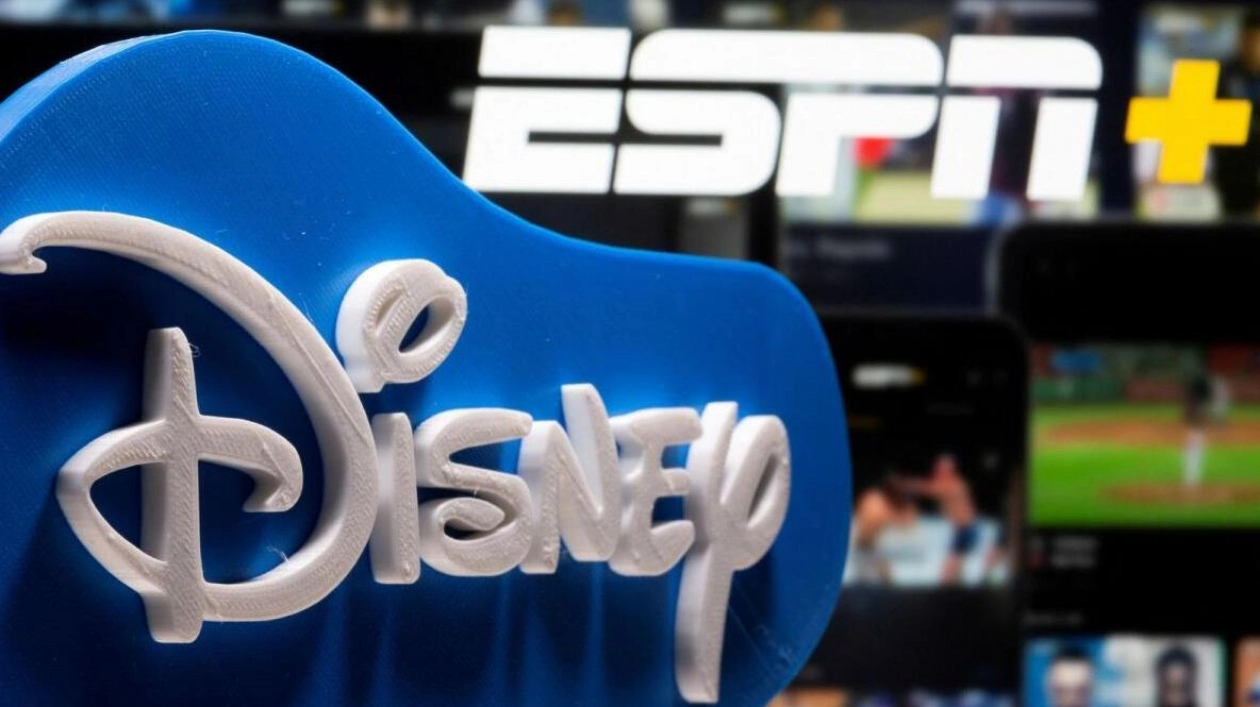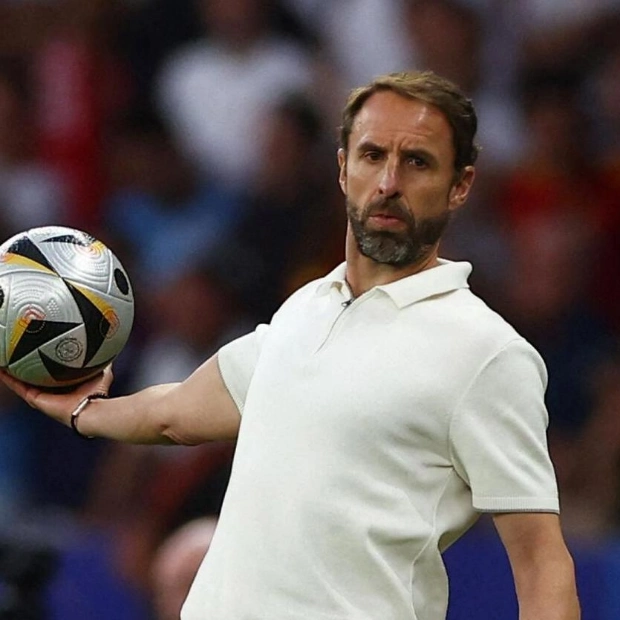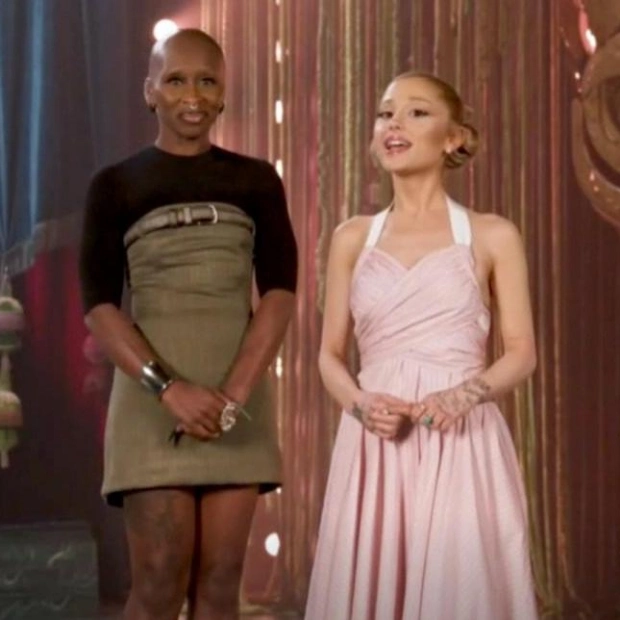Walt Disney and DirecTV revealed on Saturday that they have reached a preliminary agreement, restoring college football and other programming to the satellite TV provider's over 11 million subscribers. In a joint statement, the companies highlighted that the deal offers satellite TV subscribers enhanced choice and flexibility. DirecTV customers had been deprived of access to ABC, ESPN, and other Disney-owned networks since September 1, due to a stalemate in renewal negotiations.
Under the new agreement, DirecTV will be able to provide various genre-specific programming packages, including those tailored to sports, entertainment, kids, and family content. The satellite TV provider aimed to revamp its offerings to better align with consumer preferences in the streaming era. Disney's streaming services—Disney+, Hulu, and ESPN+—will also be incorporated into certain DirecTV packages. Additionally, DirecTV secured the rights to distribute the streaming version of ESPN, set to launch soon.
According to two sources privy to the deal, Disney secured more favorable economic terms. The companies stated, "DirecTV and Disney have a long-standing history of connecting consumers to the best entertainment, and this agreement furthers that commitment by recognizing both the tremendous value of Disney’s content and the evolving preferences of DIRECTV’s customers." The dispute led to DirecTV subscribers losing access to highly sought-after programming, including ESPN's coverage of college football games and the U.S. Open tennis tournament.
Vince Torres, DirecTV's chief marketing officer, acknowledged at the Goldman Sachs Communacopia + Technology Conference in San Francisco that the programming blackout was causing subscriber losses. The agreement was reached just before the broadcast of the Emmy Awards on ABC, where Disney was expected to achieve historic wins, thanks to three of the most-nominated series of the year: "Shogun," "The Bear," and "Only Murders in the Building."
Distributors like DirecTV and programmers such as Disney have engaged in rate disputes for decades, as the cost of television packages has skyrocketed. The TV industry has been sustained by the long-standing practice of "bundling," which requires pay TV distributors to pay for and carry less-viewed networks like Freeform to access ESPN's prized programming. Contractual terms dictate how broadly a distributor can offer this content to its subscribers. Sports have historically shielded the pay TV industry from decline, attracting viewers even as cable and satellite TV distributors lose subscribers. However, as viewers shift to streaming, sports content is following suit. Major events like the recent Olympics, along with professional sports contests from the NFL and NBA, have moved to streaming platforms.
Venu Sports, a planned sports streaming service from joint-venture partners Disney, Warner Bros Discovery, and Fox, threatens to accelerate the decline of pay TV. The launch of Venu has been postponed pending the outcome of an antitrust trial. DirecTV has expressed its desire to offer genre-based programming packages, tailored to subscriber preferences, akin to Venu, without forcing customers to pay for a large bundle of TV channels they don't watch. "That's a genre offering that we believe is good for consumers, that we want to offer consumers," said Torres.






